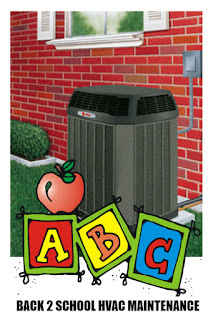Fun Facts about Christmas Lights
You see holiday lights almost everywhere you
go these days. From roof to ground and all around, they help make the holidays
festive and bright. Here are a few fun facts about the early days of these
lights.
The
first electric Christmas lights were displayed in the home of Edward Johnson, a
colleague of Thomas Edison, just three years after the light bulb was invented.
Johnson's tree had hand wired lights in the patriotic colors of red, white and
blue.
Many
of the earliest Christmas lights burned so hot that they were about as
dangerous as the candles they were advertised to replace.
It
was a common but incorrect belief in the early days of electric Christmas
lighting that Christmas light bulbs would burn longer in an upright position.
Early decorators spent a lot of time making sure that the lamps were positioned
upright on the tree.
Early
in their history, Christmas lights were so expensive that they were more
commonly rented than sold. An electrically lighted tree was a status symbol in
the early 1900's.
Electrically
lit trees did not become "universal" in the United States until after
World War II.
True
outdoor Christmas lights were not introduced to the public until 1927-1928,
almost 45 years after the first electric tree lights were demonstrated. There
were sets offered for sale as safe to use outside before 1927, but they were
small, dangerous and extremely impractical for the average family.
Many
of the earliest figurative light bulbs representing fruit, flowers and holiday
figures were blown in molds that were also used to make small glass ornaments.
These figurative lights were painted by toy makers.
General
Electric was the first company to offer pre-wired Christmas light strings.
Prior to this, lights had to be hand wired on the tree. GE was unable to patent
their string (or festoon), and suddenly the market was open to anyone who
wanted to manufacture the strings.





